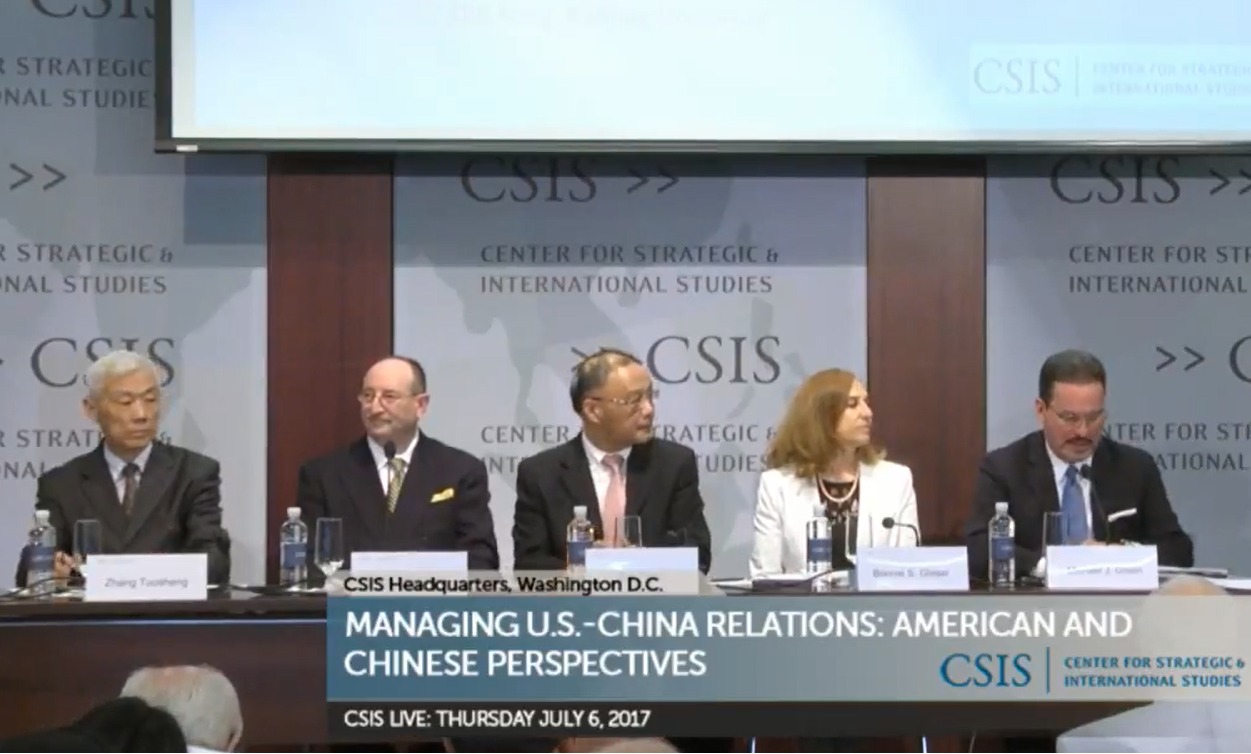
CSIS, Center for Strategic & International Studies
Jul 20, 2017
On July 6th CSIS hosted an event to release a major report on U.S.-China relations written by a group of experts from some of America’s leading foreign policy think tanks.
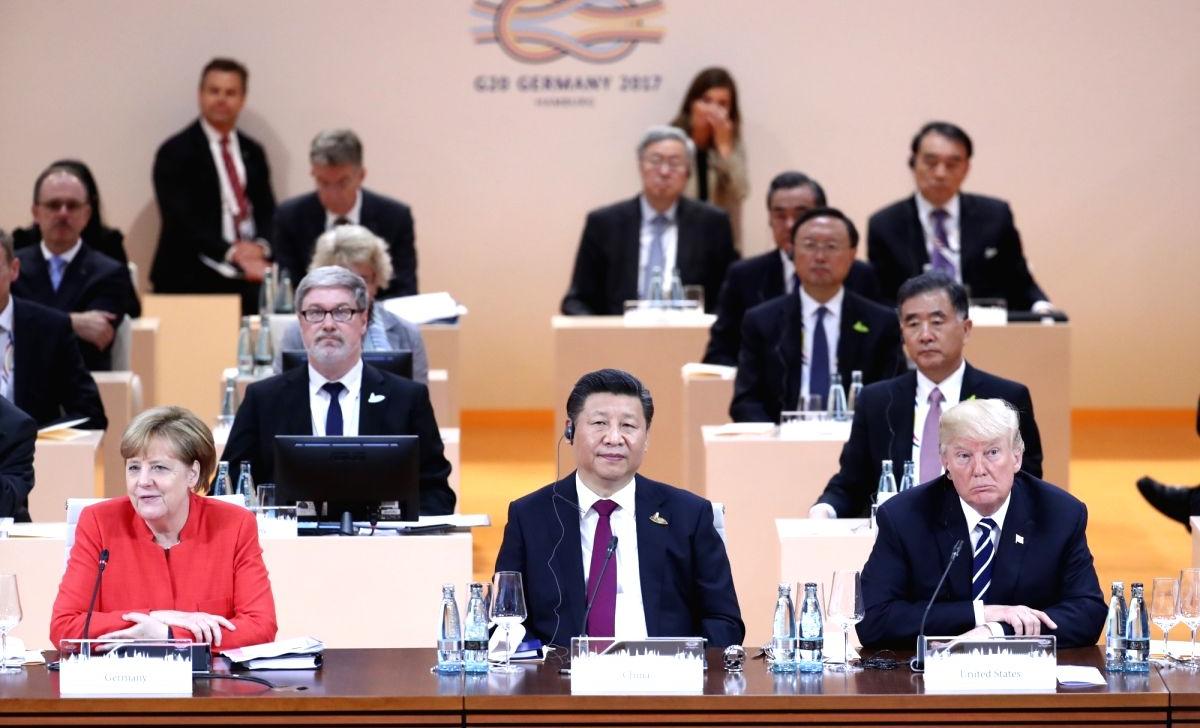
Yu Sui, Professor, China Center for Contemporary World Studies
Jul 19, 2017
Despite the shocking withdrawal by the US from the Paris climate accord, the G20 Summit in Hamburg, demonstrated that good and healthy bilateral relations continue to play their roles. Strategic partnerships are gaining respect, popularity and upgrading.
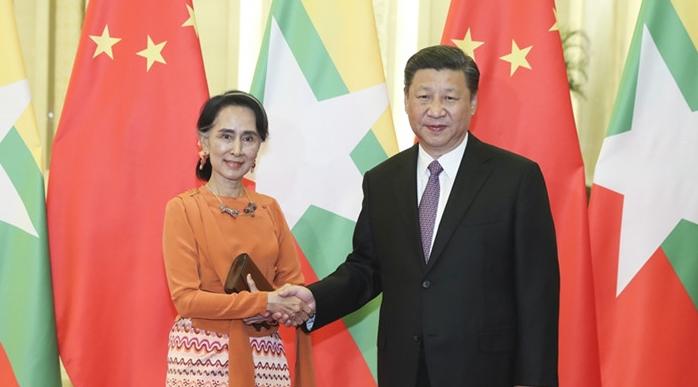
Erin Murphy, Founder and Principal, Inle Advisory Group
Jul 14, 2017
Bilateral ties between Myanmar and China, at least at top governing levels, appear to be improving following souring diplomatic and economic ties during the previous Thein Sein administration. As China expands its investment footprint, it must heed the widespread wariness, and in some areas, strong anti-Chinese sentiment in Myanmar.
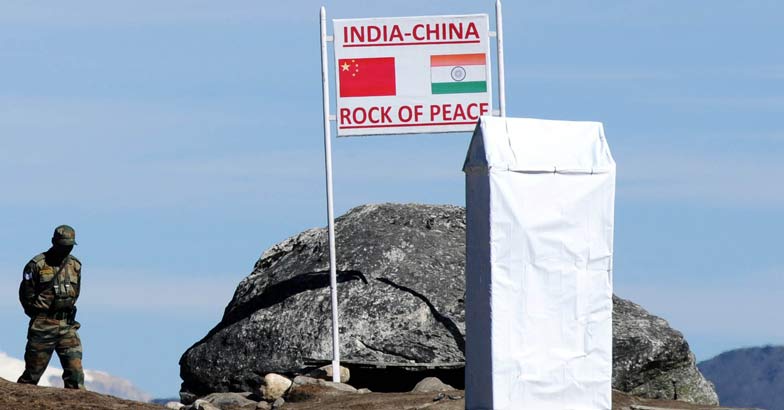
Devesh Kapur, Director of the Center for the Advanced Study of India at the University of Pennsylvania
Jul 13, 2017
Indian and Chinese troops have been locked in a standoff in Doka La – where the borders of Bhutan, China and India meet – for almost a month now, the longest such impasse between the two armies since 1962. And India is far from the only country that has been humiliated at the hands of China.
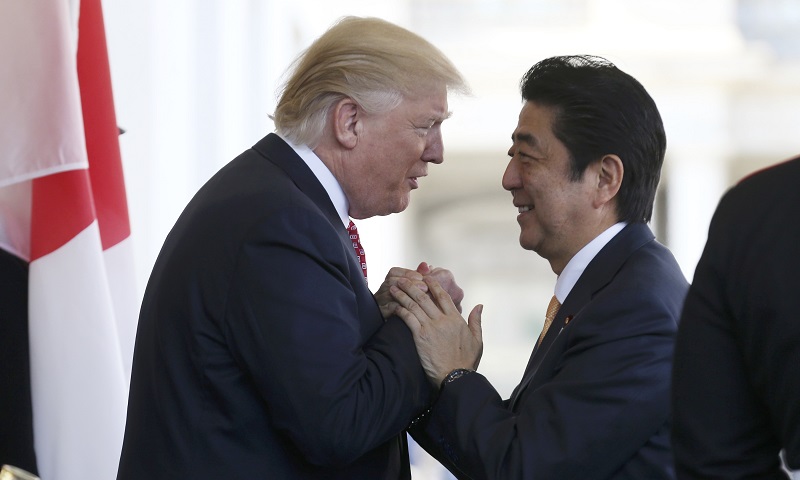
Chen Jimin, Guest Researcher, Center for Peace and Development Studies, China Association for International Friendly Contact
Jul 13, 2017
Japan still sees the US relationship as its diplomatic basis and top priority, especially in maintaining the stability of US-Japan alliance. But in the face of current uncertainties, it also is beginning to seek diversity in foreign affairs as a way to maximize Japan’s interests.

Joan Johnson-Freese, Professor, US Naval War College
Elizabeth Frampton, Independent Policy Analyst on International relations and domestic policy issues
Jul 11, 2017
The danger that flows from Trump being an Active-Negative regarding U.S.-China relations is Trump’s propensity to take a wrecking-ball approach to past policies and approaches aimed toward maintaining a precarious regional stability. Yet now more than ever, the need to work well with China is critical given North Korea’s successful July 4th ICBM test.
Jul 11, 2017
Following a brief "honeymoon", trade emerges as a major point of friction, especially as the 100-day trade plan concludes on July 16th.
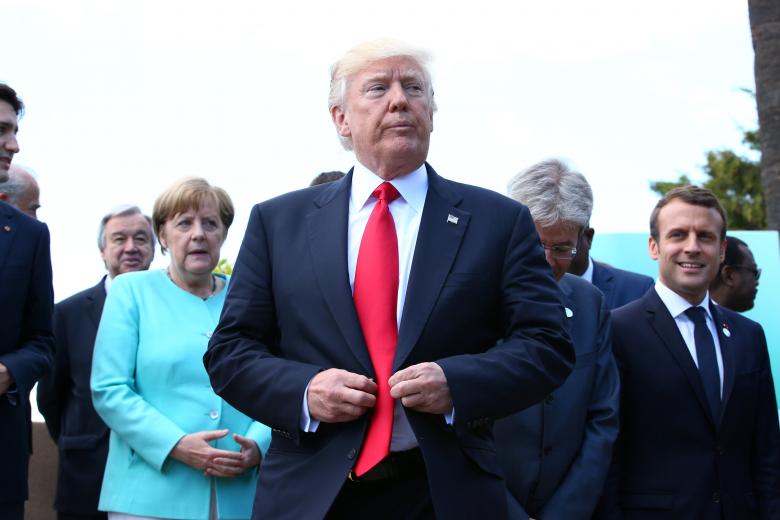
Joseph S. Nye, Professor, Harvard University
Jul 07, 2017
Europe is a long way from a common defense structure, but the need is growing. And, ironically, the unpopular Trump may prove more of a help than a hindrance.
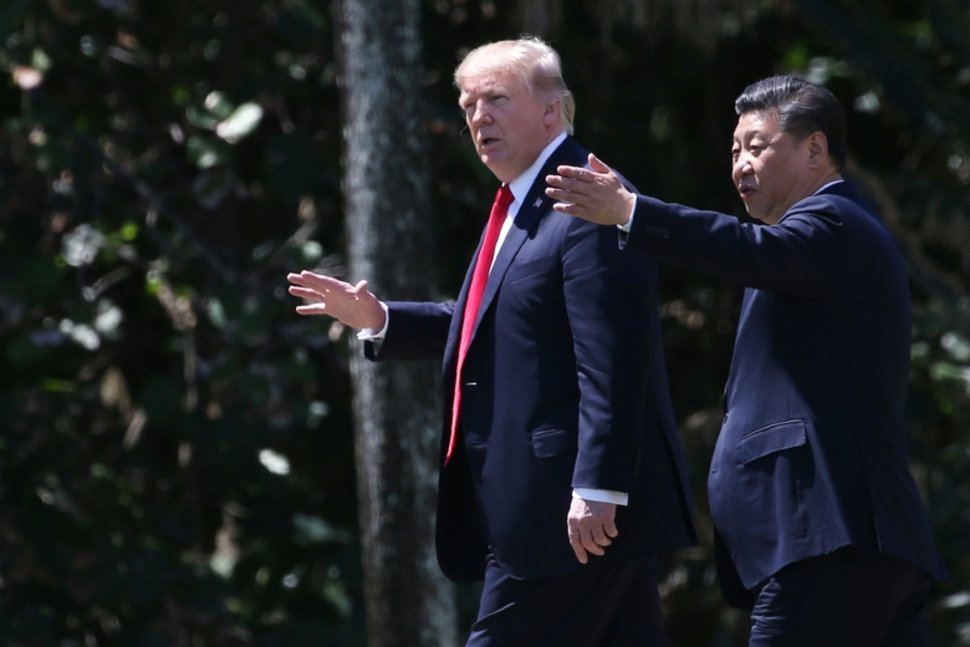
Zhao Minghao, Professor, Institute of International Studies at Fudan University, and China Forum Expert
Jul 04, 2017
Despite some hidden troubles in the relationship, by establishing effective channels of communication, prudently dealing with “provocations” and actively formulating an “agenda of cooperation”, Beijing and Washington have sustained a relationship that could have been swamped in uncertainties in the recent US transfer of power.
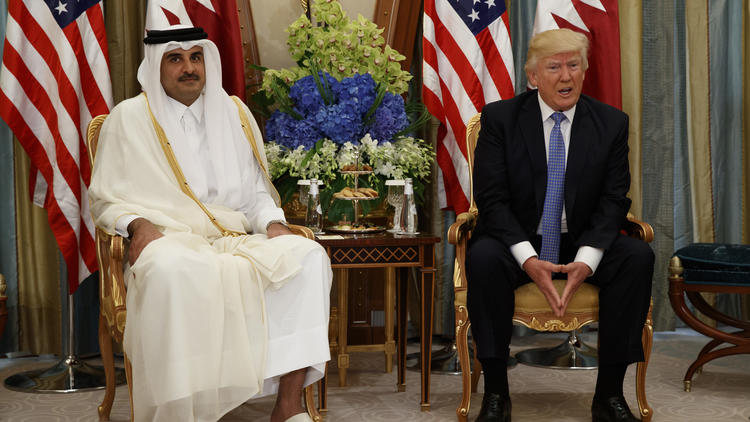
He Wenping, Senior Research Fellow, Charhar Institute and West Asia and Africa Studies Institute of the China Academy of Social Sciences
Jul 04, 2017
Only Washington can effectively narrow down the huge gap between the two sides and help them find an appropriate compromise that saves face for both rather than shifting all the responsibility onto others.
Back to Top

- China-US Focus builds trust and understanding between the U.S. and China through open dialogue among thought leaders.
- Our Offerings
- Topics
- Videos
- Podcasts
- Columnists
- Research Reports
- Focus Digest
- Stay Connected
-
Thanks for signing up!
- Get the latest stories from China-US Focus weekly.